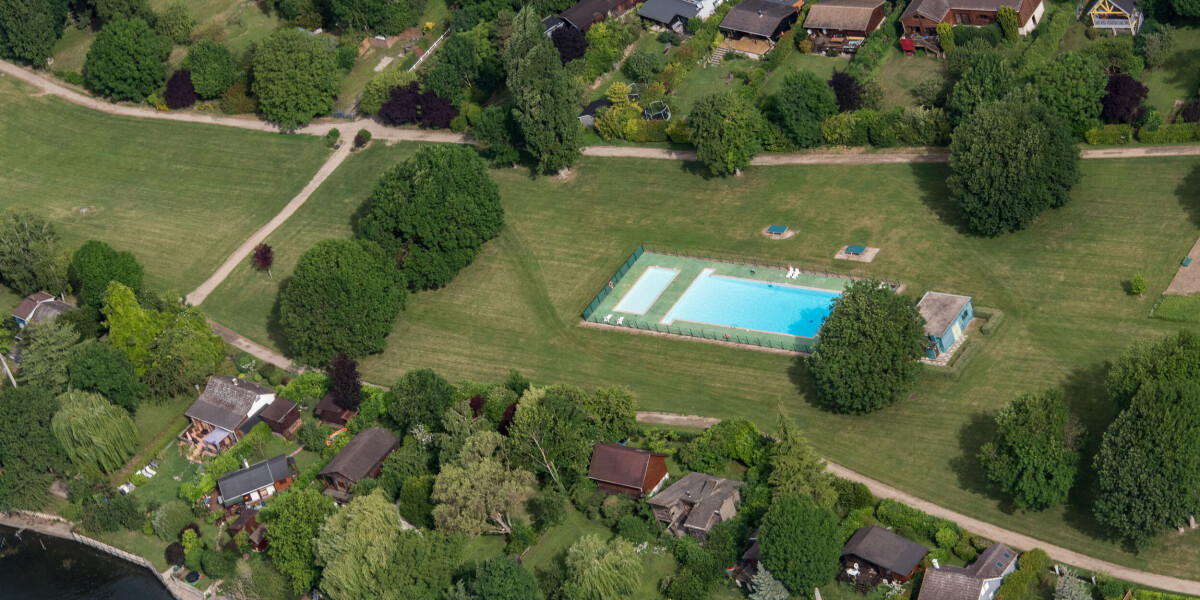
New shed, veranda, pool: how to declare in france and what time frame
- Select a language for the TTS:
- UK English Female
- UK English Male
- US English Female
- US English Male
- Australian Female
- Australian Male
- Language selected: (auto detect) - EN
Play all audios:

TAX AUTHORITIES HAVE BEEN USING AI SOFTWARE TO TRACK DOWN UNDECLARED EXTENSIONS If you have built an extension to your property – or have undertaken major work such as installing a swimming
pool – you need to declare it to the authorities. This is because these additions can increase the theoretical rental value of your property, which in turn increases the property taxes you
must pay. These include both the taxe foncière and taxe d’habitation, as well as the ‘garden shed tax’ or taxe d’aménagement. Although this is not related to your 2024 Income Tax, it is
important to note the deadlines when building an extension to your property, as fines for non-declaration are becoming more common. WHAT EXTENSIONS ARE INCLUDED? Extensions to your
property, such as verandas, conservatories and additional bedrooms need to be declared. External installations including garden sheds and swimming pools, most pergolas and garden shelters
are also included. In short, any work that requires either a permis de construire or déclaration préalable de travaux likely needs to be declared. If you have any queries, you can contact
your mairie to confirm. HOW DO I DECLARE – AND WHEN? The additions need to be declared through your personal space on the French tax site. This is done via the Biens Immobiliers
(property) section. Note this is not the same as the property ownership declaration form – which is also found in this section – that some property owners must complete in 2024. Read more:
What changes require you to make new property declaration in France? The deadline for informing authorities of the extension or installation is tied to the construction of the project. You
must do this within 90 days of the end of construction. Doing so will allow you to be exempt for up to two years from paying additional taxe foncière as a result of the extension or
installation. It will not, however, make you exempt from taxe d’aménagement payments. In some circumstances, certain smaller extensions are not subject to the taxe d’aménagement, although
this can depend on local rules. You can find out more information on the Service Public site here. Read more: ‘Garden shed’ tax in France: what rises in 2024 and what exemptions? WHAT
HAPPENS IF I DO NOT DECLARE? If you do not declare the construction of an extension and the authorities discover it, you may be fined. They will send you an email (the email you provide
via your personal details on the French tax site) telling you that you have 30 days to declare the extension. After this date, a fine of €150 may be levied. If your declaration is
inaccurate or misses out certain information, the fine is between €60 and €150. You also lose the right to not pay taxe foncière increases on the extension for the first two years.
Widespread use of AI to hunt down undeclared pools and extensions has been used in recent years, with local communes looking to crack down on missing taxes. Read more: French tax officials
to hunt out undeclared sheds and verandas
